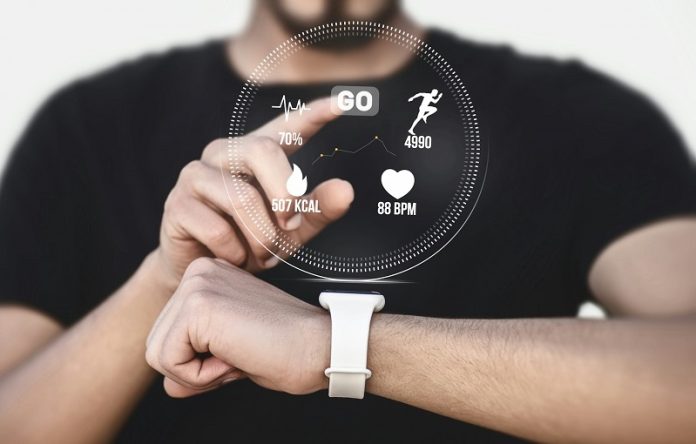
Smartwatches have become popular for tracking heart rate, sleep, oxygen levels, and fitness.
But scientists are now discovering they might be able to do something even more powerful—help prevent pandemics like COVID-19 and the flu.
Recent research shows that smartwatches can detect early signs of illness, even before a person feels sick.
In fact, these devices can sometimes pick up changes in the body—like slight increases in temperature, changes in sleep, or heart rate shifts—as soon as 12 hours after infection.
These changes are too subtle for people to notice but can be detected by smartwatch sensors.
A study published in PNAS Nexus by researchers from Texas A&M and Stanford University found that using smartwatch data to alert people early could cut the spread of diseases like COVID-19 by nearly 50%.
The idea is simple: if your watch detects signs of illness, you can isolate and get tested before spreading the virus to others—especially during the presymptomatic stage when many people are already contagious.
Dr. Martial Ndeffo-Mbah, one of the researchers, explains that many people don’t take precautions unless they feel symptoms.
But smartwatches could give people real-time warnings that they might be getting sick, which might push them to follow health advice more seriously—like staying home or getting tested.
This approach could also improve how we use at-home test kits. During COVID-19, many people only tested when they felt sick or had to travel.
That’s often too late to stop transmission. With early smartwatch alerts, people might catch infections sooner, start treatment earlier, and avoid serious symptoms—especially those who are high-risk or immunocompromised.
Beyond COVID-19 and the flu, researchers believe smartwatches could help detect other illnesses like RSV. Whenever the immune system reacts to an infection, there are small changes in the body that smartwatches might be able to catch.
Of course, this is still a work in progress. Scientists and tech developers are working together to make sure this technology is accurate and ready to be used on a larger scale. But if successful, smartwatches might become not just personal health tools—but public health heroes too.
By making early illness detection easier and more personal, smartwatches could give people more reasons to take action—helping stop outbreaks before they start.
If you care about health, please read studies about vitamin D deficiency linked to severe COVID-19, death, and how diets could help manage post-COVID syndrome.
For more health information, please see recent studies that low-sodium plant-based diets may prevent COVID-19 better.
Source: Texas A&M University.



